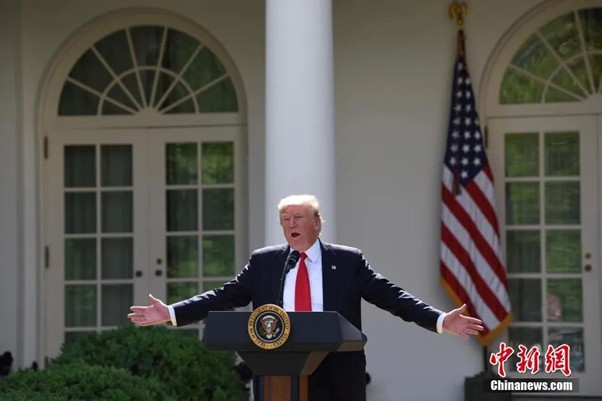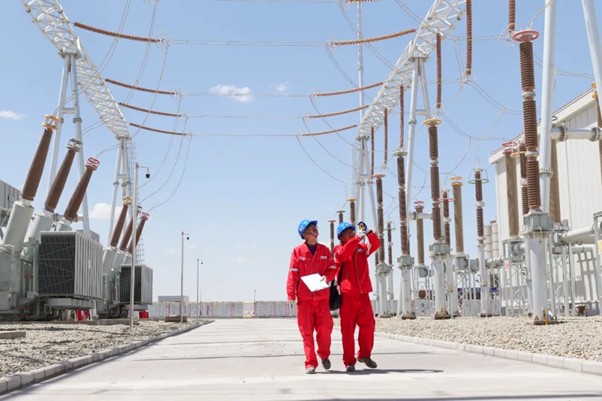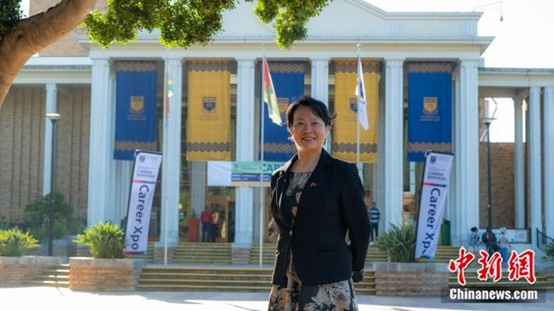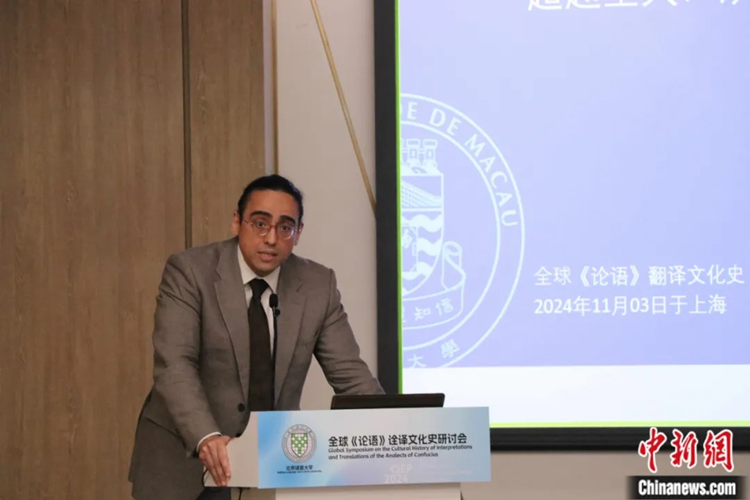This year marks the tenth anniversary of the Paris Agreement and the fiftieth anniversary of the establishment of diplomatic relations between China and the European Union. Looking ahead at these two important moments in time, as the largest developing country and the largest developed country union, China-EU cooperation on climate change governance is of even greater significance to the world.
On the one hand, global warming is accelerating and extreme weather events are intensifying, posing a serious threat to human survival. The World Meteorological Organization (WMO) has confirmed that 2024 will be the hottest year in history, and the global average temperature that year will be about 1.55°C higher than the pre-industrial average, exceeding for the first time the ‘1.5°C’ temperature control target set by the Paris Agreement. On the other hand, the United States, as the world’s largest economy, announced again this year that it would withdraw from the Paris Agreement, thus undermining the confidence of the world in combating climate change.
Under these challenges, how can China and Europe work together to promote global climate governance? Nicholas Stern, Director of the Grantham Research Institute on Climate Change and the Environment at the London School of Economics and Political Science (LSE), who is regarded as the ‘Father of Climate Economics’ in the industry, was recently interviewed by East Meets West.
Nicholas Stern, Director of the Grantham Research Institute on Climate Change and the Environment at the London School of Economics and Political Science, is known as the ‘Father of Climate Economics’. He was formerly the Chief Economist of the European Bank for Reconstruction and Development (EBRD) and the Chief Economist and Senior Vice President of the World Bank and has taught and conducted research in many renowned universities in the UK, France, the US and China.

What are the implications for the global climate governance landscape of another US withdrawal from the Paris Agreement?
The withdrawal of the United States from the Paris Agreement during the first Trump administration has put the international community to the test in terms of climate change cooperation. However, this has not hindered the global climate governance process, and other countries continue to co-operate and take action domestically to reduce greenhouse gas emissions, as have many companies, cities and communities in the United States.
There is no indication that other countries will follow the United States in withdrawing from the Paris Agreement. In fact, other countries continue to participate in the United Nations climate change negotiations, such as the recent United Nations June Climate Conference in Bonn, Germany.
However, the withdrawal of the new United States Administration from the Paris Agreement and the termination of support for ‘weaning from fossil fuels’ demonstrates the gap between the international leadership of the two United States Administrations. It also creates an opportunity for others to step up and provide leadership on climate change.

How do you see the role of China and Europe in global climate governance in light of the U.S. ‘withdrawal’ from the group?
Europe and China should appeal to the international community by stressing that climate change is a shared challenge for all humanity. They should also better communicate the benefits of a green transition, including economic opportunities and attractive returns on investment in low-carbon and climate-resilient development.
Together, Europe and China should take a leading role in global climate governance, calling for faster action and reaffirming the importance of multilateral cooperation. This includes fostering favourable conditions, both domestically and internationally, to mobilise green investment. In practice, they should use their influence as shareholders in multilateral development banks to encourage platforms like the G7 and G20 to prioritise clean energy and climate resilience.

What do China and Europe have in common in promoting global climate governance? In which areas are there room for new development?
Both Europe and China are committed to a science-based approach to combating climate change, emphasising the need to recognise the dangers and urgency of climate change and the significant opportunities presented by the pursuit of a green energy transition. China in particular foresees a huge global market demand for new clean energy technologies such as solar panels and electric vehicles. If US companies take a step back in international markets as a result of the US government’s new policy, Europe can seize these new opportunities. At the same time, Europe and China can also work together to expand the financing capacity of multilateral development banks to help developing economies see the huge investment opportunities of the green transition.
In recent years, China’s green capacity has achieved rapid development. Previously, some people were worried about China’s excess green capacity, what do you think?
China has demonstrated international leadership in the area of climate change and can do more in its cooperation with Europe. One important way in which China can further demonstrate international leadership is to effectively steer current Chinese production of solar panels in such a way that it can both meet domestic demand and rapidly help Africa and other developing countries to gain greater access to renewable energy. This is a huge investment opportunity for Africa, which is also favourable to African development and, indeed, to global development.
If you like this article why not read: How can Chinese intangible cultural heritage better known across the world?














